In today’s society, fast fashion is the norm. Stores like H&M and Zara churn out new designs daily to meet consumers’ demand for “up-to-date” clothing.
This often leads to a lot of waste, overconsumption, and poor quality – all huge issues in our world today.
Fortunately, slow fashion brands have been popping up more frequently as people are looking for ways to slow down their consumption and be mindful of their purchases.
In this blog post, we will discuss slow fashion: what it is, why it’s better than fast fashion, what you should know before buying slow or fast fashion clothes (hint: slow fashion lasts longer!), and 10 slow fashion brands that you need to check out!
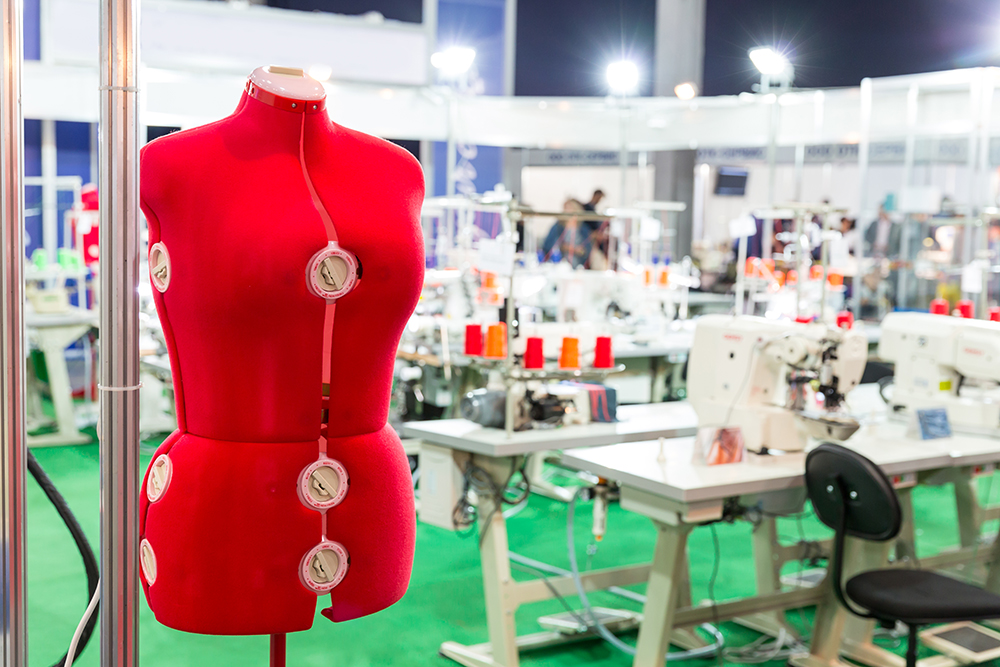
What is the slow fashion movement?
The slow fashion movement refers to a trend focused on the slow production of clothing so that consumers can buy better quality items that will last longer than their quick-made counterparts sold by fast fashion companies.
The slow fashion movement is essentially a reaction to fast fashion, which has led to an increase in overconsumption and the rapid turnover of styles. People are taking notice that what they’re buying for cheap from fast fashion brands isn’t worth it as their clothes wear out quickly or fall apart after just one season!
In addition, slow fashion and ethical fashion are very much similar. Ethical fashion refers to manufacturing textiles and clothing in a respectful way towards all involved: from workers who make the clothes to consumers.
In slow fashion, companies are dedicated to using sustainable materials and will often only release small amounts of new designs at once to not waste resources or have old stock sitting around for too long.
Both movements are geared towards a more sustainable fashion industry.
The Difference: Slow Fashion vs. Fast Fashion
There are a lot of differences between slow fashion and fast fashion. Here, we’ll discuss the most important ones:
– Fast fashion is very cheap, often made from synthetic materials that don’t last long or fall apart easily after just several wears! It’s produced quickly in factories where workers can be exploited and overworked to meet the demand for new styles.
– Slow fashion is more expensive, made from high-quality, sustainable materials that last for years with proper care! It’s slow to produce in factories where workers are treated fairly and don’t overwork themselves.
– Slow fashion takes more time to release new designs than fast fashion, which produces multiple garments every day. This is because slow fashion companies produce less clothing at once so as not to be wasteful and overproduce like fast fashion brands.
– Slow Fashion Brands are mindful of their environmental impact by using sustainable materials that can biodegrade or recycle (i.e., organic cotton, recycled polyester). Meanwhile, the fast fashion industry is a huge polluter. Due to mass production, some brands send out a thousand tons of untreated waste into the ocean every day.
– Slow Fashion Brands often have a strong relationship with their workers and will pay them fairly. They’re also more likely to manufacture slow fashion clothing in countries where Fair Trade laws are enforced to live safe lives while working for slow or fast fashion companies.
What are the characteristics of slow fashion clothes?
Slow fashion clothes have several characteristics that make them distinct and unique from commercial fashion brands. Here are the three most important ones:
Made from high-quality, sustainable materials
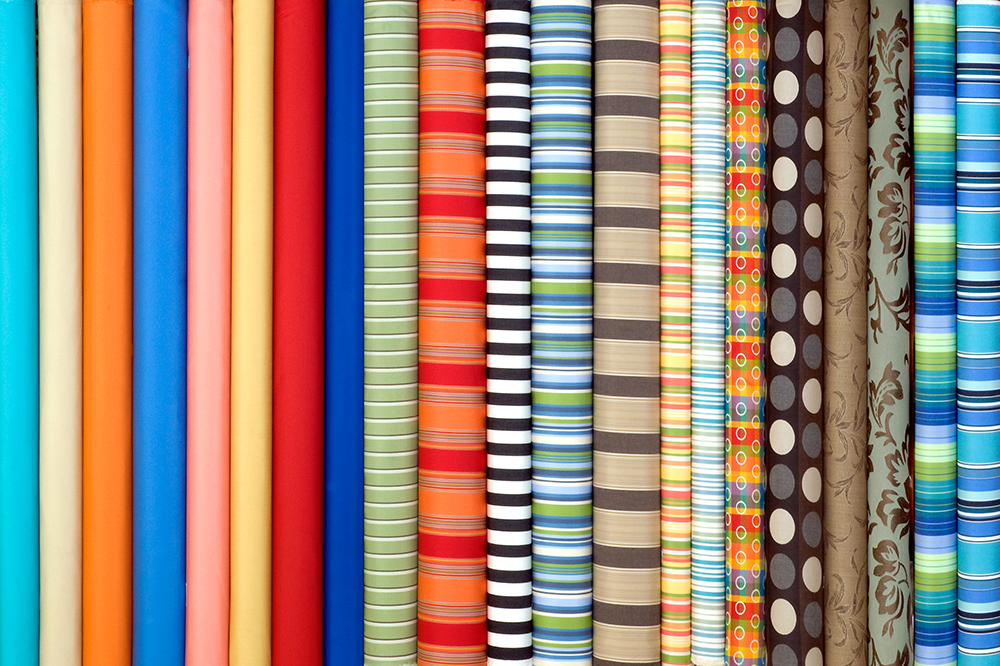
Slow fashion garments are made from high-quality, sustainable materials like organic cotton and recycled polyester. These natural fabrics will last for years with proper care! In addition, slow fashion brands are dedicated to using sustainable materials because it’s better for the environment. The slow fashion movement has increased awareness of sustainability when producing textiles and clothing, leading many slow fashion companies to reduce their negative impact on the environment!
Made in factories where workers are treated fairly
Unlike fast fashion garments made in countries with little to no laws to protect the rights of employees, slow fashion wardrobes are often made in factories where workers have their fundamental human rights respected! They’re also paid fairly and don’t overwork themselves.
Small amounts of new designs at a time
Slow fashion aims to produce less clothing than fast fashion brands because they’ll only release small amounts at once so as not to be wasteful. This way, slow fashion companies can reduce their environmental impact and the number of unsustainable materials they use!
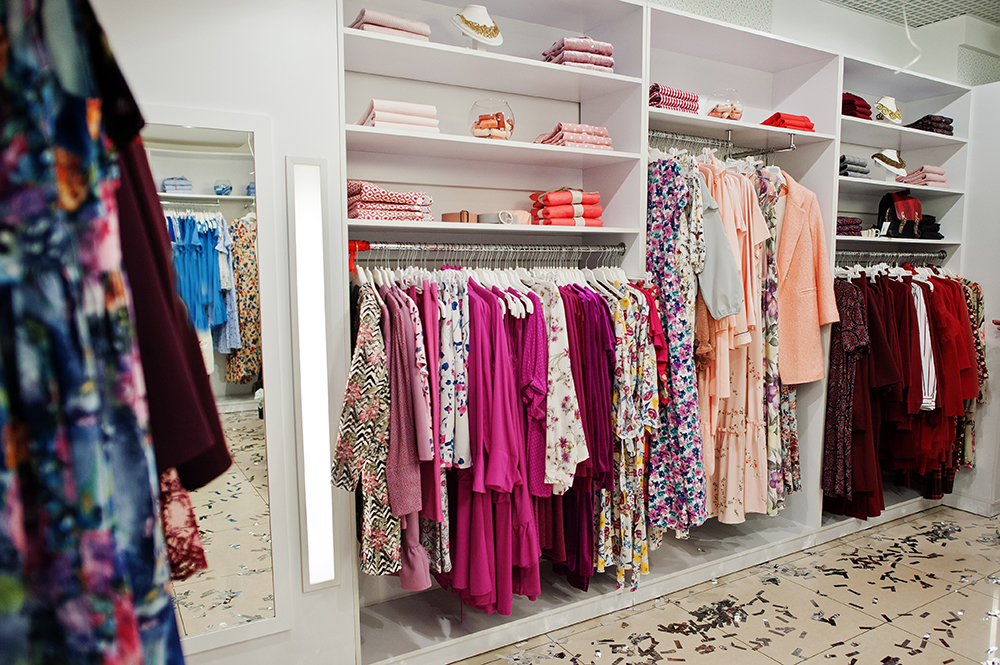
Sold in smaller boutique stores
Slow fashion garments are often sold in small boutiques and local stores where the slow fashion brand can be personable with their customers. This ensures that slow fashion companies stay closer to their customers, who will come back year after year for slow or fast fashion because they love what’s being produced!
10 Slow Fashion Brands You Need To Check Out
The slow fashion trend is becoming more popular because it has several benefits compared to fast fashion! If you are thinking of delving into the slow fashion revolution, these are the brands you need to check out:
ABLE
ABLE is an ethical fashion brand that creates sustainable, slow fashion wardrobe and accessories made by workers who are paid fairly. Their apparel is made from all-natural fibers and is produced in a zero-waste factory. Most of ABLE’s employees are women since one of the company’s main goals is to empower and support women most impacted by poverty. They also publish the wages of their workers, which can be seen on their website.
The R Collective
The R Collective works with top fashion brands by reusing and recycling their fabrics and making them into slow fashion garments. The brand’s mission is to minimize fashion waste in its supply chain and production by using upcycled materials such as cotton, lyocell, and polyester. The R Collective also gives back to the community by partnering with Redress, an environmental charity that addresses the negative impacts of the textile industry in fashion.
Two Days Off
For slow fashion clothing made from recycled materials and eco-natural fibers, check out Two Days Off! This woman-owned brand in Los Angeles is dedicated to making slow fashion garments by using deadstock textiles that would otherwise go to waste. Their apparel is produced in small batches to reduce their negative impact on the planet, and they provide plastic-free packaging that can be used as a reusable item.
Valani
Using plant-based and low-impact fibers, slow fashion brand Valani makes slow and sustainable clothing that is comfortable and chic. Their stunning garments are made from natural fabrics such as hemp, Tencel, and banana viscose. The clothing produced from Valani also has zero dyes and is not mixed with synthetic fibers. This woman-owned company also reuses fabric scraps to reduce textile waste by incorporating them into toys and hair scrunchies.
Cuyana
Created by skilled craftsmen throughout Europe, South America, China, and the United States, slow fashion brand Cuyana provides clothing made from sustainable materials. They only produce in small batches and encourage clients to use their garments for a long time. Cuyana’s suppliers also adhere to ethical business practices such as fair wages and safe work environments.
Boob Design
Primarily for pregnant and nursing women, Boob Design is a sustainable maternity fashion brand that adheres to slow fashion principles by minimizing fashion waste and extending the life of each garment. The brand’s mission is to make clothes for pregnant or nursing women by using sustainable materials and minimizing the use of chemicals in their apparel. Boob Design only works with suppliers who follow ethical business practices and provide a safe working environment for their employees.
Christy Dawn
If you are into timeless and feminine clothes, then look no further. Christy Dawn is well known for its dreamy slow fashion collections and makes slow fashion clothing made with deadstock fabric. The slow fashion company works directly with local artisans and farmers at Oshadi Collective and has replenished depleted farmlands by planting organic cotton on 24 acres of land.
Eileen Fisher
Another slow fashion pioneer, Eileen Fisher, has been leading the sustainable fashion movement by using fabrics such as hemp, regenerative wool, and organic linen. The brand also collects gently used Eileen Fisher apparel and resells them to be reused. Meanwhile, damaged clothes are transformed into limited edition designs, while some are made into felted fabrics.
Altar
Altar is a Portland-based eco-fashion brand that offers slow fashion clothing made from sustainable materials such as GOTS certified organic cotton and hemp. They also use recycled and upcycled materials that would otherwise be discarded as waste. The slow fashion company has a low-impact supply chain and works with eco-conscious suppliers to minimize their environmental footprint.
Accompany
Accompany supports local communities by providing work to local artisans to create pieces that are usually handmade and reflect their cultural heritage. The company brand offers timeless and sophisticated fair trade clothing and home accessories that are carefully curated to align with the slow fashion model.
Final Thoughts
The slow fashion movement is more than a trend. It’s the future of clothing, and it has many benefits for both consumers and producers alike. With sustainability in mind, we’ve compiled this list to show you how your wardrobe can be an extension of who you are while also being kinder to our environment. Shop responsibly and shop smart!

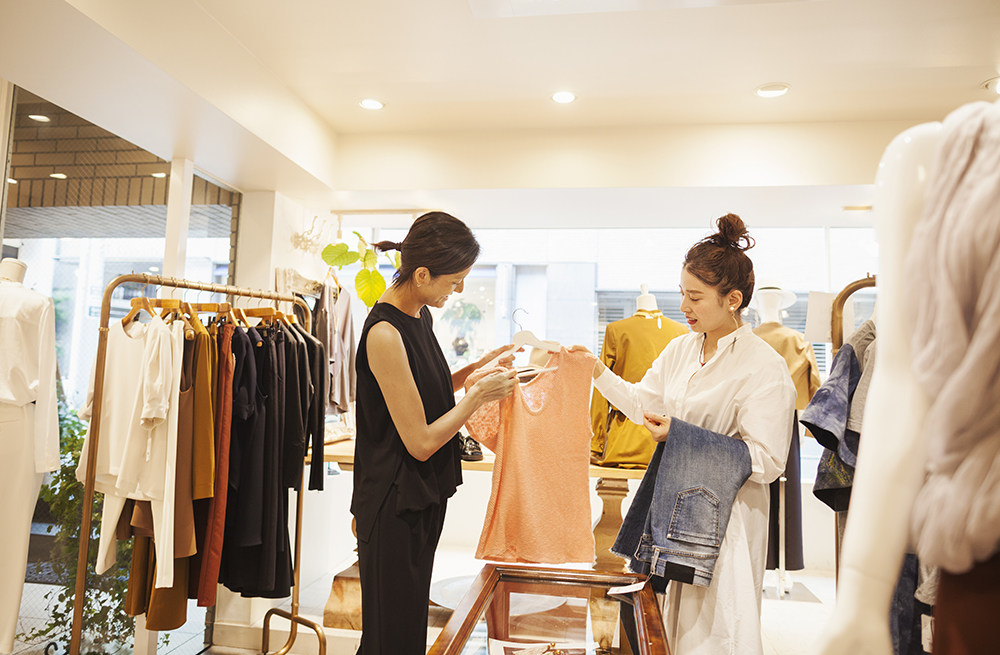
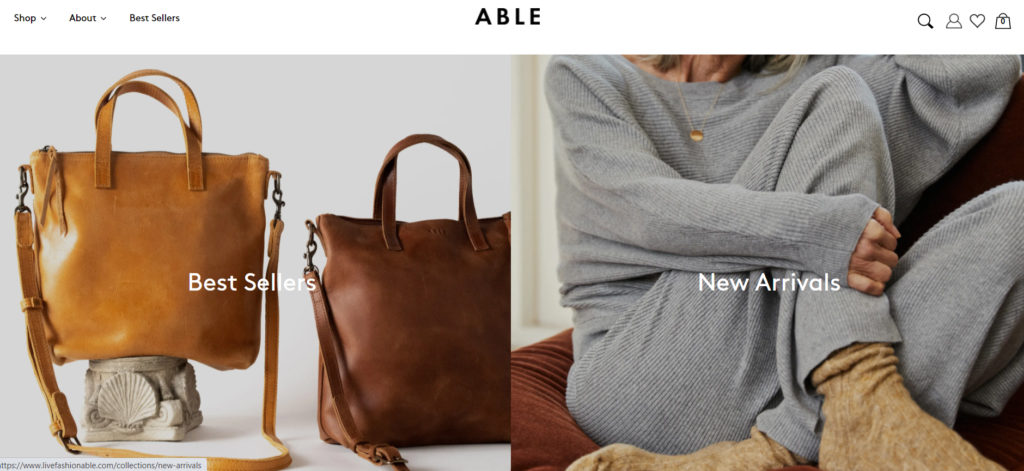
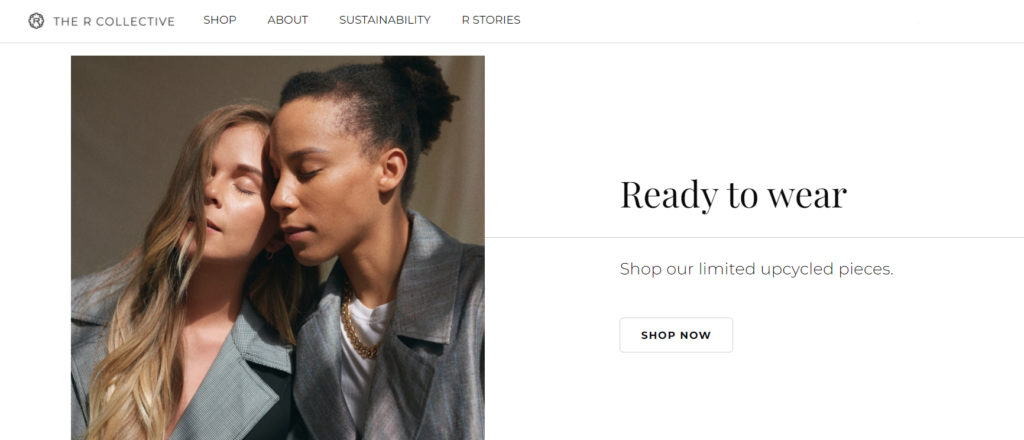

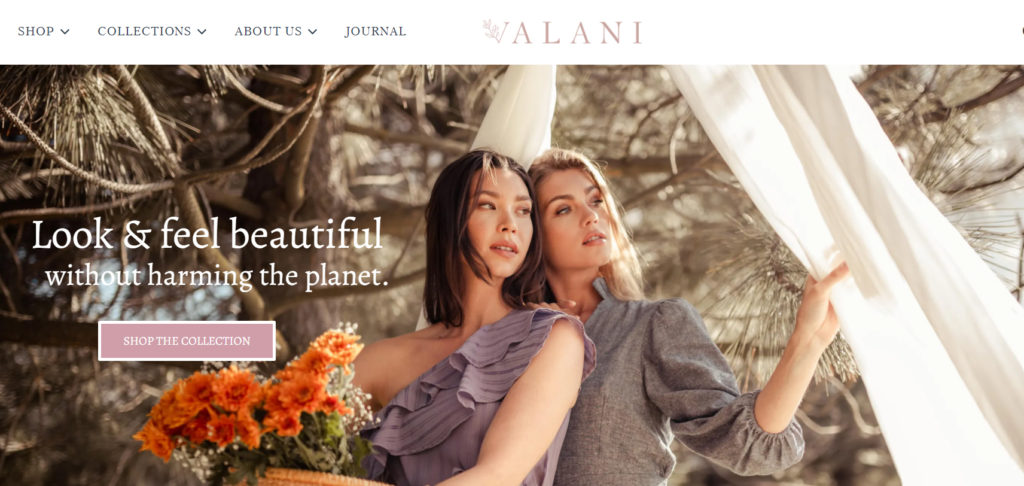
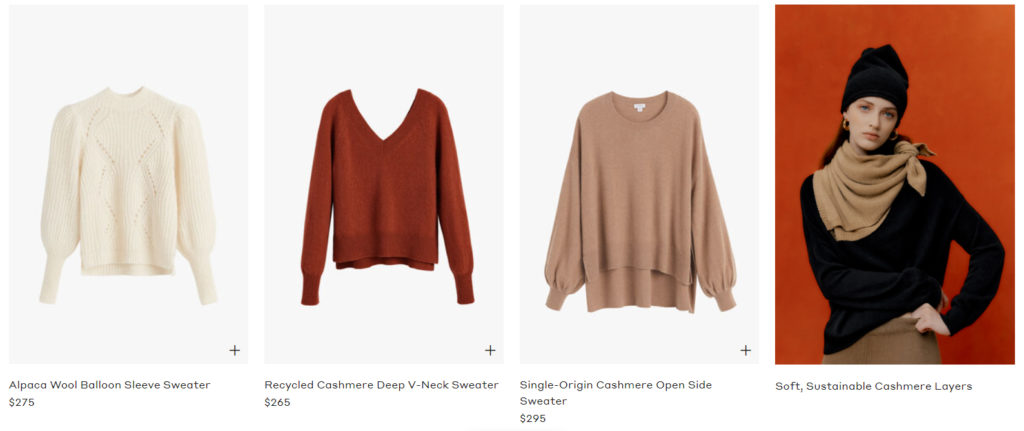
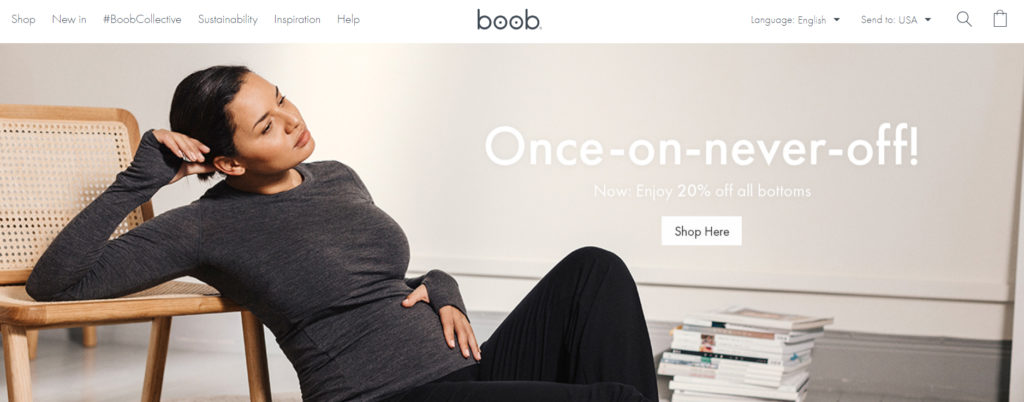


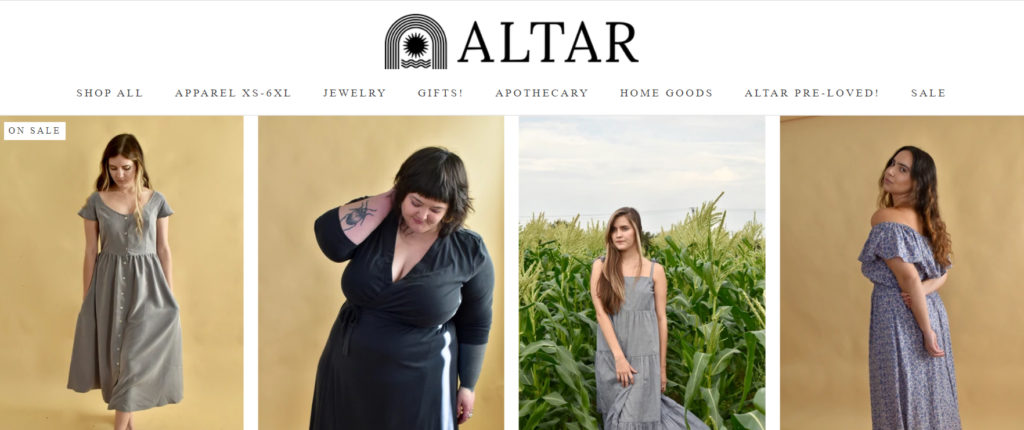


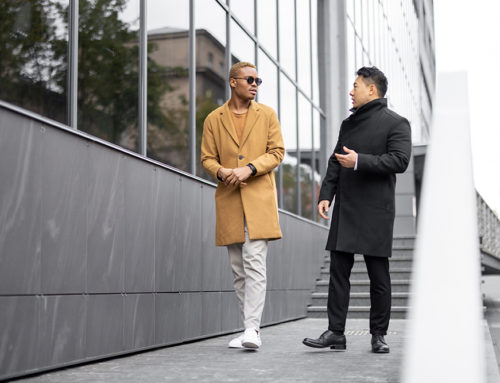
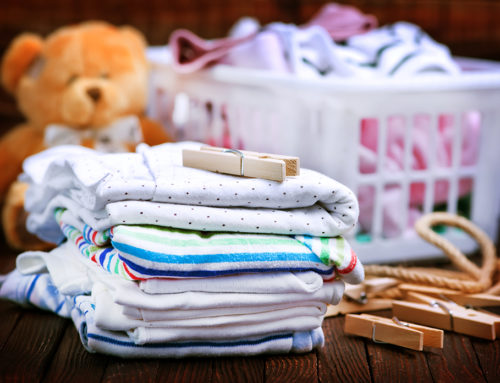
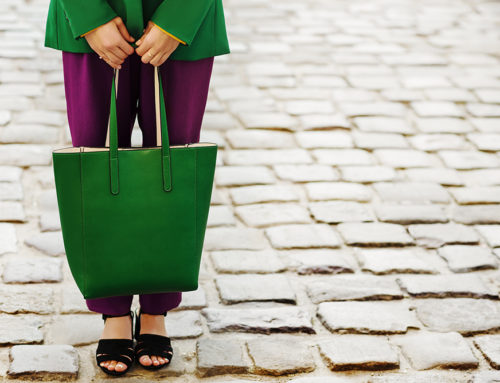
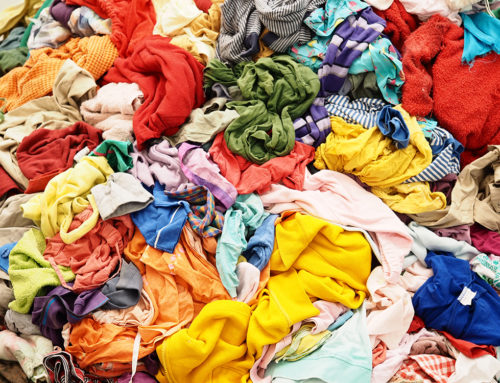
Leave A Comment